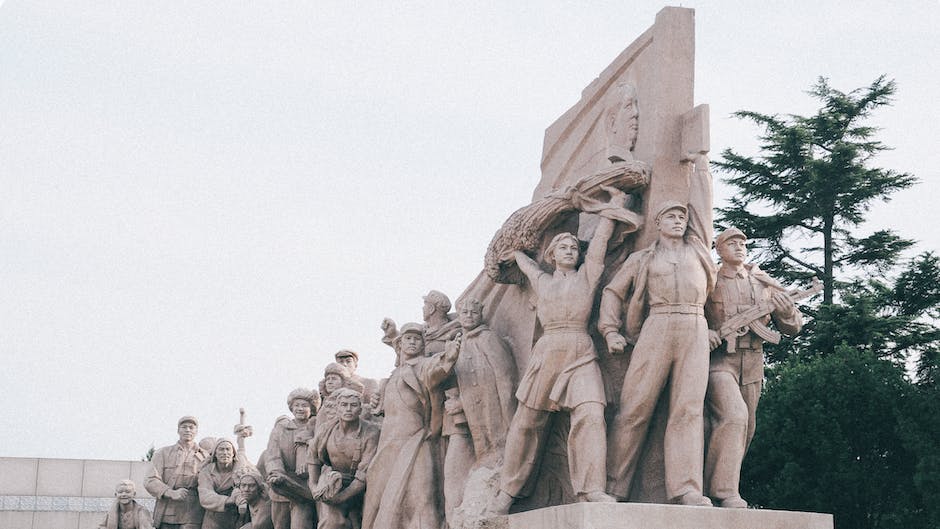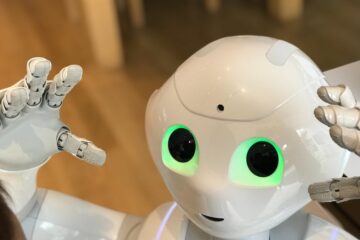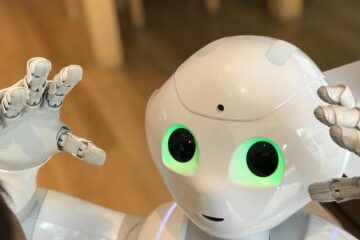The rise of AI chatbots in China has been met with increasing scrutiny from regulators. China’s Cyberspace Administration recently issued new rules for chatbots, requiring that they be able to identify themselves as machines and not humans, and that they be programmed to comply with Chinese laws and regulations. The move is seen as an effort to crack down on the use of chatbots for illegal activities such as spamming and fraud.
One of the chatbots that has been drawing attention in China is ChatGPT, a large language model trained by OpenAI. The model has been used by a number of Chinese companies for customer service, and has been praised for its ability to understand and respond to complex queries.
However, the use of ChatGPT and other AI chatbots has also raised concerns about privacy and censorship. Critics have pointed out that these chatbots are often used to gather data on users, and that they can be programmed to censor sensitive topics or promote certain political views.
In response to these concerns, some Chinese companies have started to develop their own chatbots, using local language models and data centers to ensure that data remains in China. This has led to increased competition in the chatbot market, with companies seeking to develop more sophisticated chatbots that can understand and respond to natural language.
Despite the challenges, the use of AI chatbots in China is expected to continue to grow in the coming years. With the rise of e-commerce and online services, companies are looking for ways to provide better customer service and support, and chatbots offer a cost-effective solution. However, as regulators continue to tighten their grip on the industry, companies will need to ensure that their chatbots comply with all the relevant regulations and standards.




